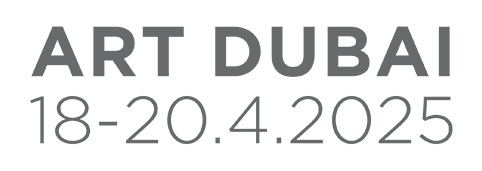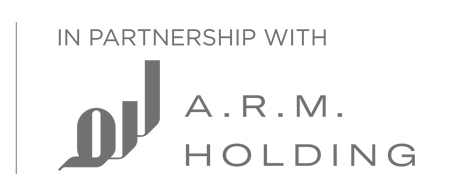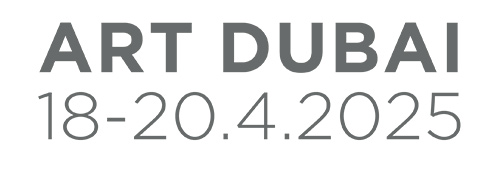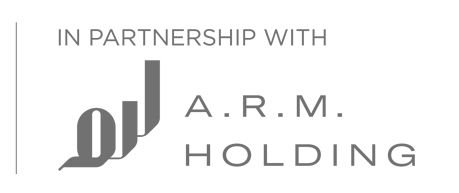Nathalie Bondil is an internationally renowned museologist and art historian. This Franco-Canadian has directed the Montreal Museum of Fine Arts (2007-2020), where she led several major expansion projects with a local, national and international outreach. She initiated, produced and exported numerous intercultural and interdisciplinary exhibitions in the fields of fine arts, music, fashion and cinema. In the field of artistic action and health research, she is recognized for her social and inclusive commitment to museums with her concept of “museotherapy”, which she pursues with the Université de Montréal and the École du Louvre in Paris. Vice-Chair of the Canada Council for the Arts (2014-2021), now member of the Board of Directors of ICOM-France, she is the recipient of numerous awards and doctorates in Canada and France. She joins the Institut of the Arab World, Paris, in 2021 as Museum and Exhibitions Director, responsible for the reinstallation of the future “New IMA Museum” initiated by his president Jack Lang, whose collection of modern and contemporary art has been enriched by 1,800 works thanks to the major donation by Claude and France Lemand.
Karina El Helou is the director of the Sursock Museum since October 2022. Before her appointment, she worked as an independent curator and organised two major projects The Silent Echo at Baalbek Museum and Cycles of Collapsing Progress, in partnership with BeMa, at the Rashid Karami International Fair and the citadel of Tripoli in Lebanon.
Hala Khayat is a Dubai based middle Eastern, Arab, Iranian and Turkish senior arts specialist, cultural consultant, writer, curator, art collector and philanthropist with over 16 years’ experience. In 2020 she joined Art Dubai as regional director. She was in charge of re-launching ‘Art Salon’, the collectors group, as well as contributing and implementing the strategy of outreach and engagement with top collectors. Hala is co-founder of Safir, an NGO that supports Syrian artists. Prior to that, she played an active role in developing the regional art scene internationally. Through her former role of 14 years at Christies auction house where she was director, head of Department of post war and contemporary, putting together auctions in Dubai, Paris, London and online. She worked on developing regional education programs with Christie’s education and has been an active lecturer on art history and the market since 2010. Under her tenure, she oversaw all the museum, public, corporate as well as private valuations conducted in the region since 2007. She curated the top auctions and established structures for Arab and Iranian artists’ estates.
Salwa Mikdadi, Professor of Practice in Art History and Director of al Mawrid Arab Center for the Study of Art at NYU Abu Dhabi.
Professor Mikdadi’s research and publications focus on modern and contemporary art of the Arab world, Arab art institutions, gender politics in art, and museums and society. Mikdadi was the co-founder and Director of Cultural & Visual Arts Resource/ICWA, one of the first non-profit organizations dedicated to the study of Arab art (USA 1988-2006). She curated numerous exhibitions, including the first Palestinian Exhibition for the 53rd Venice Biennial in 2009.
Dr. Ridha Moumni is an Art and Archaeology historian, currently Deputy Chairman of Middle East and North Africa at Christie’s. He earned his Ph.D. at La Sorbonne University, and has an academic and professional specialisation in Antiquity and modern art. He curated exhibitions of photographs, early modern and modern art, and published on collecting practice and artists in 19th and 20th century North Africa. Prior to joining Christie’s, he was an Aga Khan Fellow at the Department of Art History of Harvard University.
Azza Munif was born in Damascus 1970 and lived in Beirut and Baghdad. With the intensification of the Iran- Iraq war, the family left Baghdad to settle in Paris from 1981 – 1987. Returning to Damascus in 1987, Azza completed her high school degree at the French school of Damascus and then obtained her Bachelor’s Degree in Economics from Damascus University and Her BA in Political Science in Beirut. Azza is the eldest daughter of the late Arab Novelist Abdul Rahman Munif – a modern nomad – as he loved to call himself. Munif lived in exile his whole life, moving from one country to another. From Amman to Baghdad, Cairo, Belgrade, Damascus, Beirut, and Paris, to finally settle in Damascus ,where he passed away in 2004. After accumulating failures, and deceptions in politics and politicians, Munif and many of his generation turned to the power of the written word, and to art as the best catalyst for change. At that time they saw art , as the only certainty in a region in turmoils and political instability. Munif believed that artists, poets, writers, musicians need to connect, exchange their experiences and build bridges between their respective disciplines to enrich each other. Munif’s home in every city was an oasis of art , beautiful encounters, enriching conversations. Fateh Moudares, Dia Azzawi, Rafa al Nasiri, Nazir Nabaa, Jaber Alwan, Jabra I Jabra, Sadalla Wanous, Mahmoud Darwish ,Al Jawahiri, were among others but his bond with Marwan Kassab Bachi was very special. It helped him and Marwan find their ways and navigate through one of the darkest times of our history.
Andrée Sfeir-Semler is an art historian and gallery owner with branches in Hamburg, Germany and Beirut, Lebanon. She studied fine art and filmmaking in Beirut, as well as history and history of art at at the Sorbonne and at the university of Bielefeld, where she earned her PhD. She can be credited with opening the first white cube exhibition space in the Middle East (Sfeir-Semler Gallery, Beirut) and for launching internationally the careers of several highly regarded artists such as Etel Adnan, Yto Barrada, MARWAN, Walid Raad, Marwan Rechmaoui, Wael Shawky and Akram Zaatari.
Nada Shabout is a Regent Professor of Art History and the Coordinator of the Contemporary Arab and Muslim Cultural Studies Initiative (CAMCSI) at the University of North Texas. She is the founding president of the Association for Modern and Contemporary Art from the Arab World, Iran and Turkey (AMCA), and a curator and author of numerous essays and books.
Devika Singh is Senior Lecturer in Curating at the Courtauld Institute of Art. She was previously Curator, International Art at Tate Modern. Her writing has appeared widely in exhibition catalogues, art magazines and journals and her book International Departures: Art in India after Independence is forthcoming with Reaktion Books. She has curated exhibitions and museum displays, among other places, at the CSMVS, Mumbai; Duke University; the Dhaka Art Summit; Kettle’s Yard, Cambridge; and Tate Modern.



